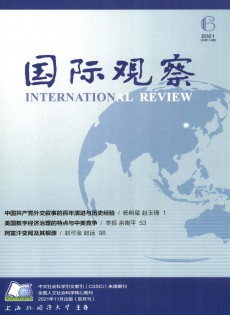Monetary and financial cash flows as drivers of foreign direct investments at the global level
IF 0.6
Q4 ECONOMICS
引用次数: 1
Abstract
Following the 2008 economic crisis, there was a reassessment of the cross-border flow of capital and the policies that affect that capital. First, large, and volatile capital flows have created tensions between macroeconomic and financial stability. Second, investors' appetite for risk declines after the recent economic crisis. Various analyses show that this trend was reversed by 2014, with emerging and developing economies accounting for just under 60% of world GDP, while the share of advanced economies was just over 40%. In this paper, we analyse the flow of capital in modern cash flows, following the example of large financial systems. The aim of this paper is to determine how cash flows have moved from the world wars until today through financial institutions, and with the help of financial instruments.货币和金融现金流作为全球一级外国直接投资的驱动因素
2008年经济危机之后,人们重新评估了资本的跨境流动以及影响资本流动的政策。首先,大规模且不稳定的资本流动造成了宏观经济与金融稳定之间的紧张关系。其次,在最近的经济危机之后,投资者的风险偏好有所下降。各种分析表明,这一趋势在2014年被逆转,新兴和发展中经济体占世界GDP的比例略低于60%,而发达经济体的份额略高于40%。本文以大型金融系统为例,分析了现代现金流中的资本流动。本文的目的是确定现金流是如何通过金融机构,并在金融工具的帮助下,从世界大战到今天。
本文章由计算机程序翻译,如有差异,请以英文原文为准。
求助全文
约1分钟内获得全文
求助全文

 求助内容:
求助内容: 应助结果提醒方式:
应助结果提醒方式:


